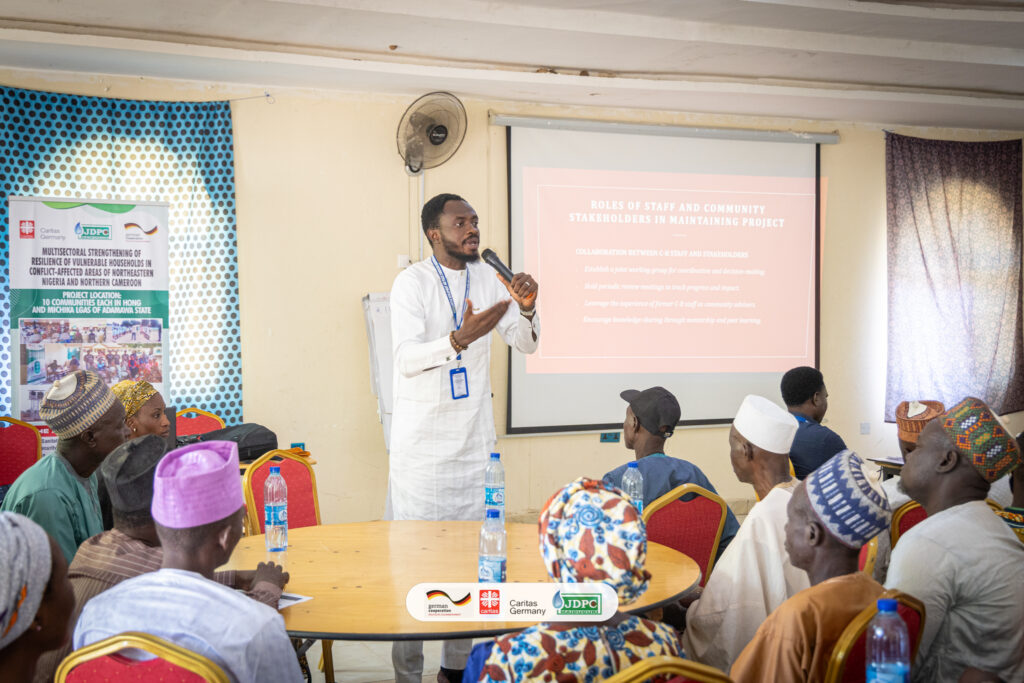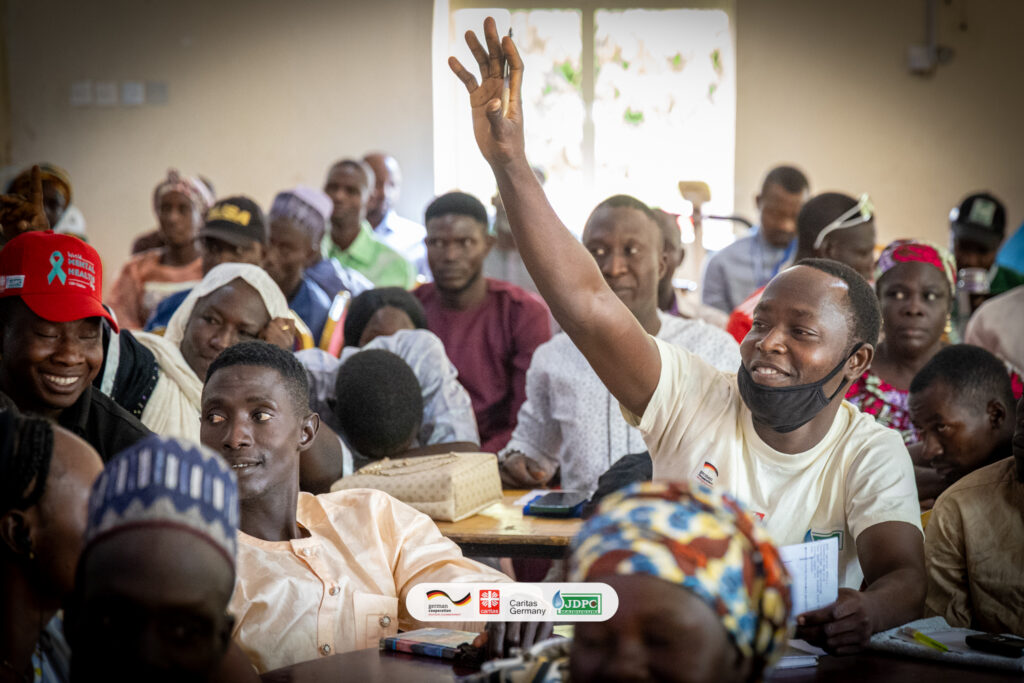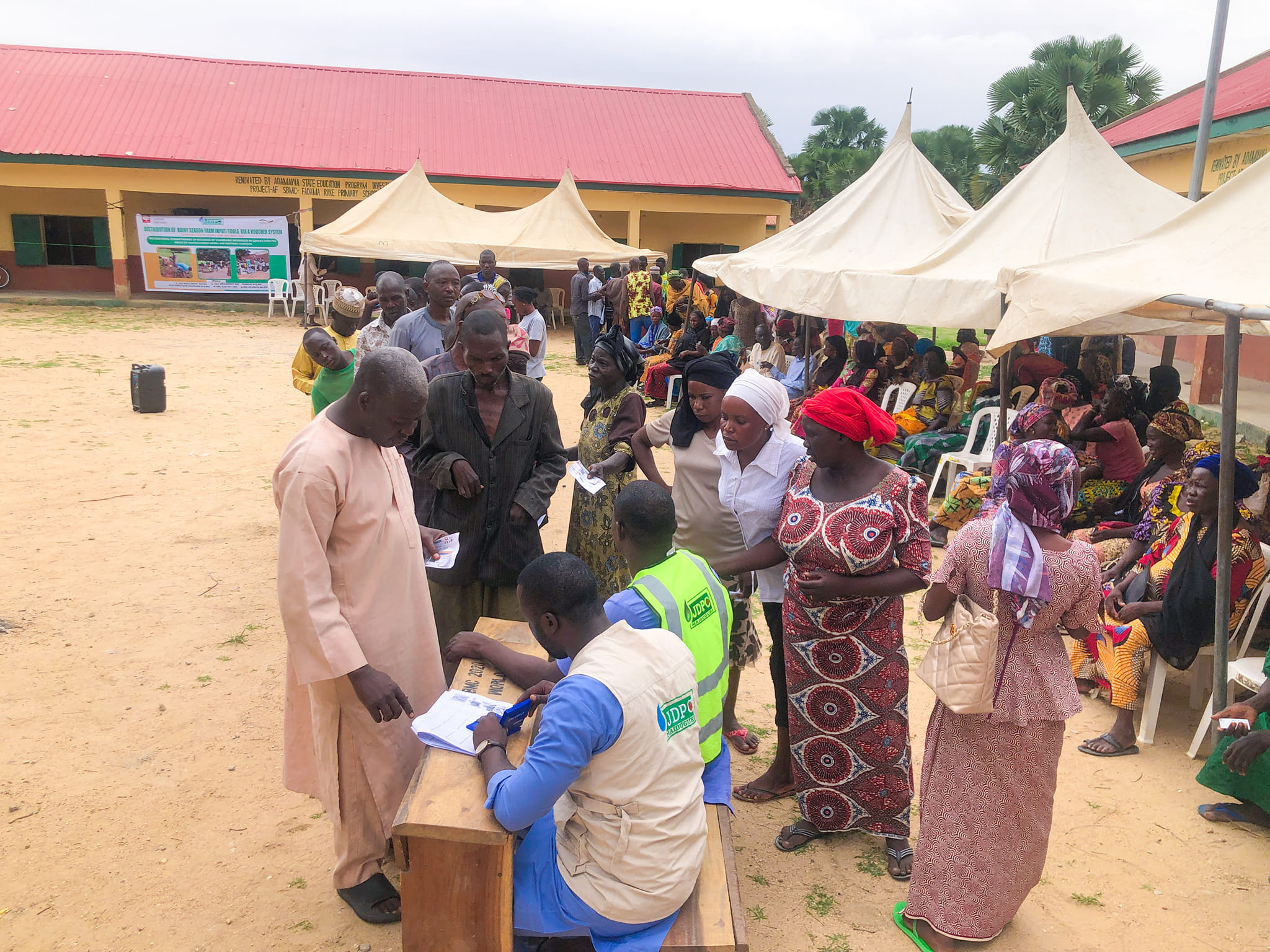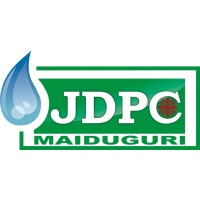

Years of Experience
Established in March 1971 as the Social Welfare Apostolate, Justice Development and Peace Initiative in Maiduguri Diocese (JDPI Maiduguri Diocese), formerly known as JDPC Maiduguri, has the late Rev. Fr. Dennis Coleman as the first Coordinator. The Apostolate was established as a response to the Federal Government’s call for national reconstruction and rehabilitation in the aftermath of the 1967 Nigerian Civil War (R. Hickey, Heralds of Christ to Borno: The Missionary Years (2018). The name was changed from “Social Welfare Apostolate” to Justice Development and Peace Commission (JDPC) in 1988. The Catholic Diocese of Maiduguri founded the Commission to respond to the needs of the most vulnerable within the diocese, in alignment with Catholic social teachings.
JDPC initially focused on the provision of food aid, potable water, and later livelihood support programme. The organization relied on foreign assistance, with MISEREOR, the agency for the German Bishops’ Conference for development, serving as the primary funder.
A major strategic turning point occurred in 2015 when the organization formally registered with the Corporate Affairs Commission (CAC) with the name “Justice Development and Peace Initiative in Maiduguri Diocese” (JDPI Maiduguri Diocese). This transition opened new avenues for collaboration and partnerships aimed at providing humanitarian services to the less privileged, vulnerable, and marginalized groups within the Diocese. These services include hygiene promotion, MHPSS, Protection, Food Security, Education, Health, Agriculture, Livelihood Support, Nutrition, and Water, Sanitation, and Hygiene (WaSH).
Another significant milestone came in 2017 through JDPI Maiduguri’s partnership with Catholic Relief Services (CRS) under the Feed the Future Nigerian Livelihoods Project (FTF) Northeast Expansion. This collaboration marked the beginning of broader partnerships, including with the Catholic Agency for Overseas Development (CAFOD), Caritas Germany, Christian Solidarity International, and further engagements with the Catholic Caritas Foundation of Nigeria (CCFN). These partnerships greatly enhanced JDPI Maiduguri’s organizational capacity, leading to rapid growth in staffing, office infrastructure, financial systems, administrative frameworks, and the drafting and implementation of key organizational policies.
By 2020, JDPI Maiduguri achieved a major milestone by securing direct funding from Caritas Germany, reflecting its strengthened operational capacity and credibility. Guided by dedicated trustees and supported by passionate teams, our organization has evolved to address both emergency and developmental humanitarian response, issues of justice and good governance, gender and climate sensitive programming. These new focuses ensure that our initiatives not only promote sustainable development and gender equality but also mitigate the adverse effects of climate change on vulnerable communities.
Today, JDPI Maiduguri remains dedicated to fostering a just and peaceful society, championing dignity, and providing lifesaving, life-sustaining, and life-building interventions to those most in need in communities across Borno, Adamawa and Yobe States.
JDPI Maiduguri was established, initiating its humanitarian service and advocacy for social justice and community development.
Expanded implementation of Water, Sanitation, and Hygiene (WASH) programs, becoming a key player in improving community health and resilience.
Formally incorporated as the Justice Development and Peace Initiative, (JDPI Maiduguri Diocese) highlighting the organization's broadened focus on peace, justice, and human dignity.
Growth into diverse areas including peacebuilding, humanitarian response, governance, and livelihood empowerment, under guidance from committed trustees and a passionate team.

Delivering essential water, sanitation, and hygiene services to displaced communities in Borno State.

Facilitating dialogue and peacebuilding efforts among diverse community groups affected by conflict.

Providing vocational training and support to restore economic stability for vulnerable households.

JDPI Maiduguri provides lifesaving, life-sustaining, and life-building interventions, championing dignity and sustainable development for the most vulnerable communities.